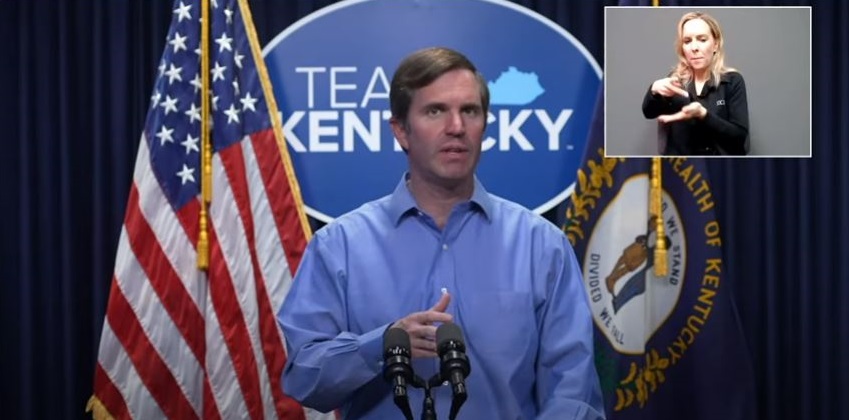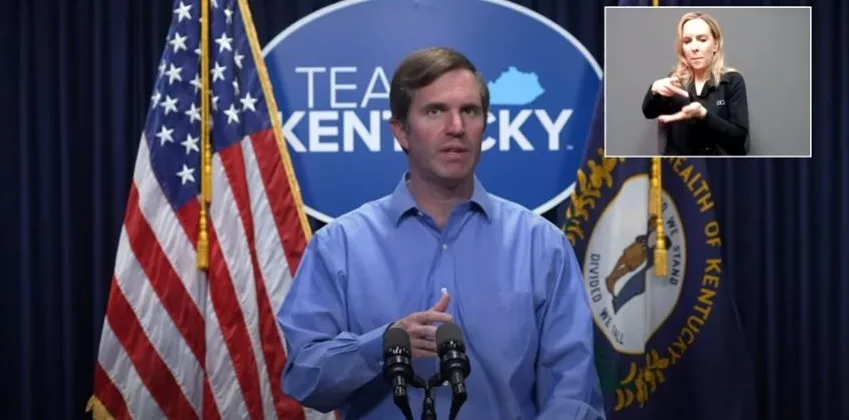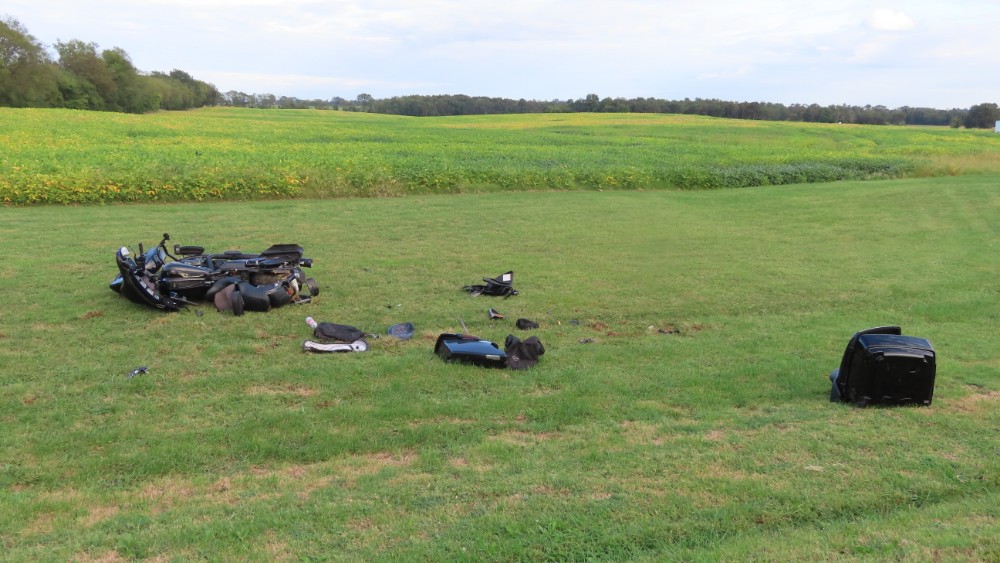
With the Kentucky General Assembly winding down into its veto recess, Governor Andy Beshear spent the last two days signing several Senate and House bills and resolutions into law — many of which could play a significant role in shaping life in west Kentucky.
House Concurrent Resolution 47 commends Madison County Schools for its farm-to-school efforts, and encourages local school districts to begin purchasing available goods from their local farmers and producers for their cafeterias.
Co-sponsored by District 1 Senator Jason Howell and District 22 Senator Donald Douglas, Senate Bill 135 moves to assist county clerks, as they begin to make more of their services readily available online.
House Bill 144 provides instant relief for employers who may yet still be experiencing the slow growth and tight margins from the pandemic, and it reduces the unemployment tax costs while suspending employer surcharges.
House Bill 252 amends KRS 244.090, and directly addresses the need for employees in the service industry. The change will allow 18-year-olds to serve alcohol or work in alcohol distribution warehouses, as long as they are supervised by someone at least 20 years of age. One will still need to be 20, or older, to work as a bartender.
House Bill 263 will make criminal abuse in the first degree of a victim 12 years old or younger a Class B felony — which in Kentucky are punishable by a minimum of 10 years in prison with a maximum of 20. A fine between $1,000-$10,000 can apply to all felonies in the Commonwealth, with sentences and fines able to be enhanced following any number of aggravating circumstances and charges applied.
House Bill 453 amends a statute governing open meetings, which now specifies that an agency can discuss the selection or evaluation of a bidder for a local contract in a closed session, rather
than just a state contract.
But it also requires the publication of information on how the public can attend video conference meetings. And the bill also requires the physical location of meetings held via video to be identified, if two or more members of an agency are meeting from that physical location.
It also limits city commissions from meeting in a closed session more than twice per year to discuss the job performance of city managers.






